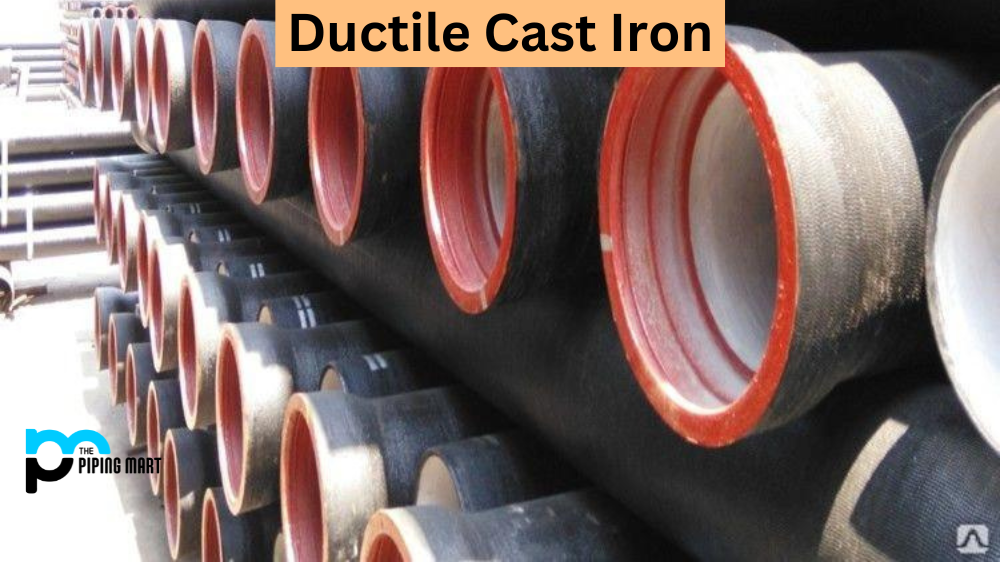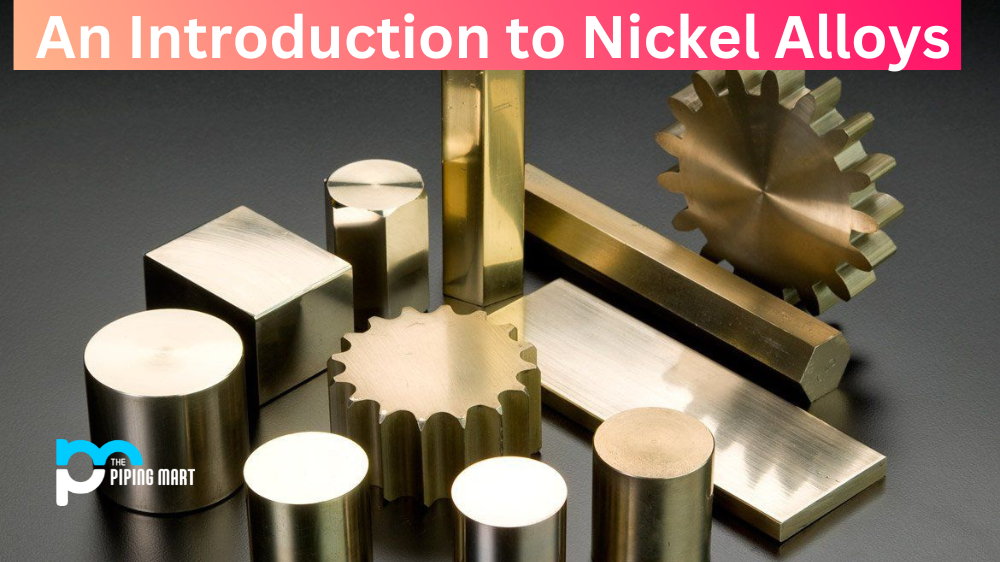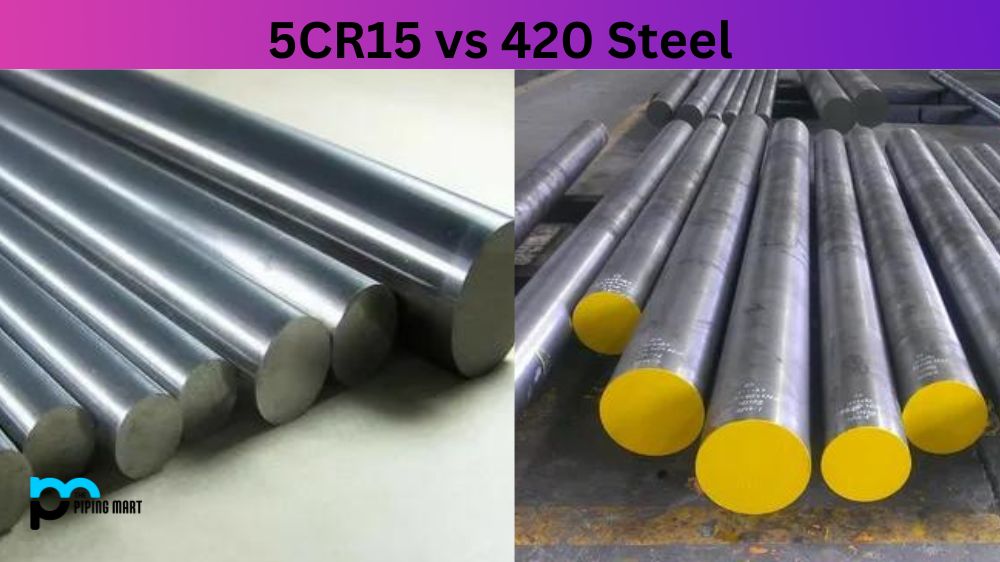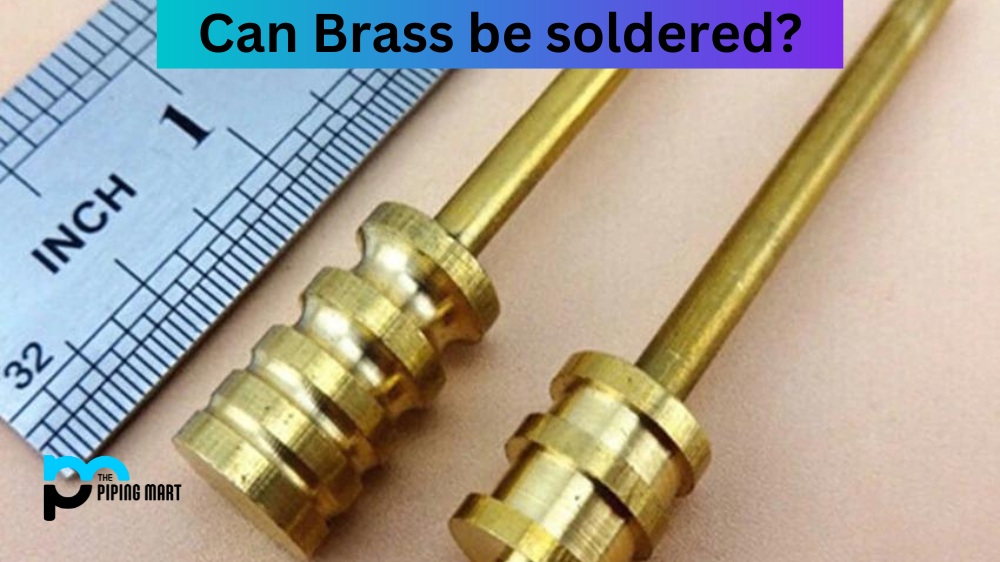Ductile cast iron is a type of cast iron that has been treated with additives to increase its strength and ductility. It is commonly used in a variety of applications, including automotive parts such as engine blocks and suspension components and in the construction of bridges and buildings. In this article, we will discuss the physical properties, mechanical properties, composition, and common uses for ductile cast iron.
Ductile Cast Iron Physical Properties
Ductile cast iron has a higher tensile strength than other types of cast iron due to its unique chemical composition. It also has excellent machinability, meaning it can be cut into complex shapes more easily than other metals. Additionally, ductile cast iron has greater fatigue resistance than grey or white cast iron, allowing it to withstand repeated loading cycles without cracking or breaking.
Ductile Cast Iron Mechanical Properties
Ductile cast iron has high elongation—the ability to stretch without failing—which makes it ideal for applications requiring high levels of flexibility. Additionally, it has good wear resistance due to its ability to resist abrasion and erosion. Finally, ductile cast iron’s impact strength is superior compared to other forms of cast iron, making it an excellent choice for parts that must withstand shock loading or vibration.
Ductile Cast Iron Composition
The composition of ductile cast iron consists primarily of carbon (2-4%), silicon (1-3%), manganese (0-0.5%), phosphorus (0-0.05%), sulfur (0-0.05%), and molybdenum (< 1%). Additionally, small amounts of chromium (< 0.5%) may also be present in some formulations. This combination gives ductile cast iron its unique properties, which make it suitable for a wide range of applications.
- Iron – 94%
- Carbon 3.2 – 3.60%
- Silicon 2.2 – 2.8%
- Manganese 0.1 – 0.2%
- Magnesium 0.03 – 0.04%
- Phosphorus 0.005 – 0.04%
- Sulfur 0.005 – 0.02%
- Copper <= 0.40%
Ductile Cast Iron Applications
Due to its high tensile strength and corrosion resistance combined with excellent machinability and fatigue resistance, ductile cast iron is used in many different industries, including automotive manufacturing, construction, plumbing systems, industrial machinery manufacturing, petrochemical pipelines etc. In addition to these uses, it is also used in the production of pipes for water distribution systems as well as valves for oil pipelines or gas networks due to its ability to tolerate extreme temperatures without failure or damage.
Conclusion:
Ductile cast iron is an incredibly versatile material that can be used in a variety of applications thanks to its combination of physical properties, such as high strength and elongation, along with excellent wear resistance and impact strength. Its chemical composition also makes it resistant to corrosion while still being easy to machine into complex shapes if necessary. As such, this material is widely used throughout many different industries, from automotive manufacturing all the way through plumbing systems, making it one of the most popular metals available today!

Pipingmart is a B2B portal that specializes in metal, industrial and piping items. Additionally, we share the latest information and information about materials, products and various types of grades to assist businesses that are involved in this business.




